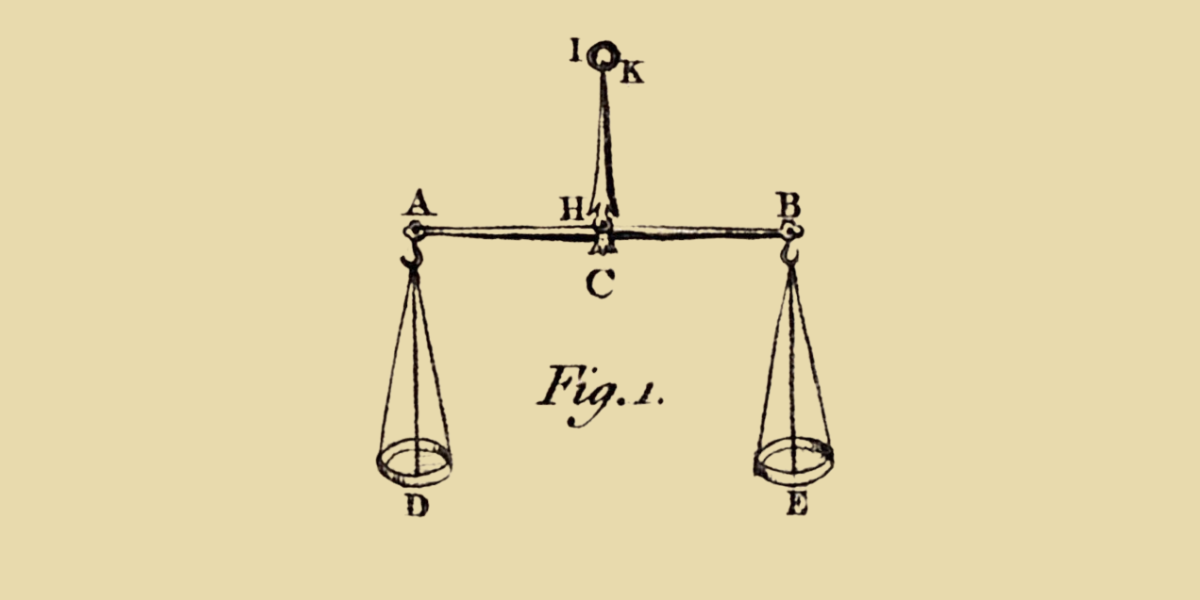Why Equity and Inclusiveness in Science Must Be More Than Buzzwords
Equity in science needs more than buzzwords. Systemic barriers still limit who gets heard, who has access, and who receives credit. Paperstars promotes fairness with free access, verified anonymous reviews, and community-driven evaluation, helping make science truly inclusive.

Equity and inclusiveness are two of the most popular buzzwords in academia today. You’ll see them in university mission statements, conference panels, and funding calls. But the truth is, they’re often just that: words.
If we really want science to be equitable and inclusive, we need to go beyond slogans. We need to change how science is evaluated, shared, and rewarded. We need to question who has access, who has a voice, and who gets credit.
And we need to be honest about the barriers that still stand in the way.
🌐 Who Gets to Be Heard in Science?
In theory, science is universal. It’s a search for knowledge that belongs to all of humanity. But in practice, it’s often a closed conversation, one where the loudest voices, the best-funded labs, and the most prestigious journals dominate.
- Researchers from wealthier institutions have better access to funding, high-impact journals, and international collaborations.
- Early-career researchers (ECRs) struggle to be heard because they don’t have a long list of publications or a high H-index.
- Researchers from the Global South, those who publish in languages other than English, or those in underfunded disciplines often go unnoticed.
True equity means recognising and amplifying voices that are too often ignored.
✅ What needs to change:
- Journals and conferences should actively invite and highlight diverse voices.
- Funding agencies should prioritise supporting early-career and underrepresented researchers.
- Platforms like Paperstars should allow meaningful contributions without needing a high publication count.
📚 Access Isn’t Always Equal
Publishing a paper is often seen as the pinnacle of scientific achievement. But who can actually read those papers?
- Many research papers are locked behind paywalls, accessible only to those with university subscriptions.
- Even “open access” papers often require authors to pay expensive publication fees (APCs), making it impossible for some researchers to publish their work openly.
- Countries without well-funded universities, independent researchers, and the general public are often shut out.
This isn’t just a problem for those who can’t access the papers, it’s a problem for science itself. If knowledge isn’t shared, it can’t grow.
✅ What needs to change:
- Open access should be the default, not a paid privilege.
- Article processing charges (APCs) should be reduced or covered by funders, especially for researchers in low-income countries.
- Platforms like Paperstars should provide free access to review content, allowing open and community-driven evaluation.
📊 Metrics Don’t Measure Potential
The most common metrics in science - H-index, citation counts, impact factors - were designed to measure research impact. But they’re often used to judge researchers themselves.
- These metrics favour senior researchers who have had time to accumulate citations.
- They reward “hot topics” over rigorous research.
- They can be manipulated through self-citation, citation circles, or even through purchasing fake citations!
Early-career researchers, researchers in emerging fields, and those who publish in non-English languages are systematically disadvantaged.
✅ What needs to change:
- We need to move from quantitative metrics to qualitative evaluation.
- Platforms like Paperstars should allow thoughtful reviews and ratings that capture the true quality of research.
- Career progression should recognise peer review, mentorship, and other forms of scientific contribution, not just publication counts.
✨ Inclusiveness Means Diverse Perspectives
Diversity in science isn’t just a checkbox, ’s a strength. Different perspectives lead to better questions, more robust methods, and richer insights. But too often, certain voices dominate.
Inclusion isn’t just about letting everyone in, it’s about making sure everyone’s voice can be heard.
✅ What needs to change:
- Journals and conferences should actively ensure diverse representation.
- Platforms like Paperstars should allow verified, anonymous reviews, so that even early-career researchers can participate without fear.
🧩 How Paperstars Aims to Make a Difference
Paperstars isn’t just a review platform, it’s a space designed to support equity and inclusiveness:
- Anonymous but Verified Reviews: Early-career researchers can share their insights without fear of backlash.
- Free to Use: No paywalls to access reviews or leave feedback.
- Community Moderation: Reviews are community-rated for quality, not for popularity.
- Diverse Reviewers: Any verified academic can leave a review, no matter their career stage, field, or institution.
We believe that good ideas can come from anywhere.
We believe that integrity matters more than prestige.
And we believe that equity and inclusiveness must be more than just words.
🚀 Let’s Make Equity and Inclusiveness Real
It’s easy to say you support diversity, equity, and inclusion. But making it real means changing how science works.
If this is the kind of science you want to see, you’re in the right place.
